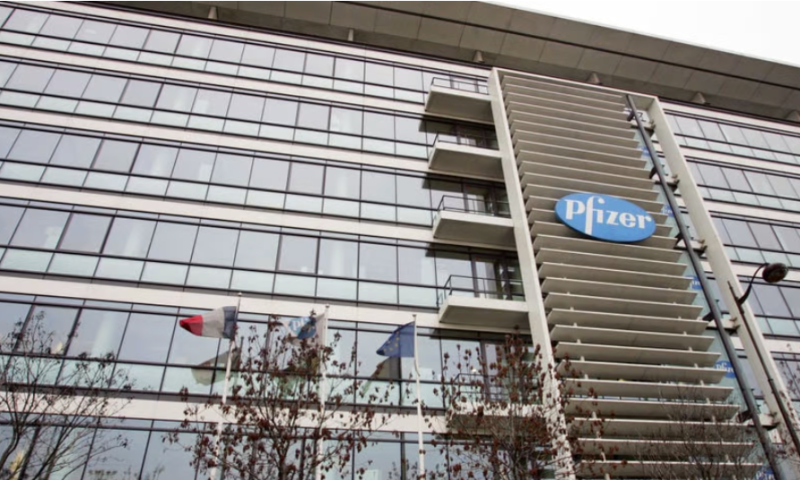Pfizer has tossed out three R&D programs after sifting through the latest data on its early-phase pipeline, adding projects focused on atopic dermatitis, nonalcoholic steatohepatitis (NASH) and breast cancer to its discard pile.
PF-07259955, a topical “soft” JAK inhibitor, had the shortest stay in the clinic. Pfizer began a phase 1 trial of the asset and another drug with the same mechanism of action, PF-07295324, in healthy volunteers in February. Having wrapped up the study in August, Pfizer has decided it can do without PF-07259955. The other soft JAK inhibitor, which is designed for minimal systemic exposure, remains in development.
Companies including Pfizer and Novartis have identified soft, topically administered JAK inhibitors as a way to achieve strong therapeutic effects in the skin without causing the systemic effects associated with oral administration. Novartis dropped its asset, CEE321, earlier this year after seeing phase 1 data, but ongoing development of PF-07295324 means Pfizer remains in the race to challenge Incyte’s Opzelura.
Pfizer has also given the heave-ho to PF-07202954 in NASH with liver fibrosis. The drugmaker tested single and repeat doses of the DGAT2 inhibitor in 12 healthy volunteers last year, enrolling far fewer than the 88 subjects that it initially targeted.
While PF-07202954 has reached the end of the line, Pfizer still has a DGAT2 inhibitor in its deck of R&D prospects. The Big Pharma began a phase 2 trial of PF-06865571, a DGAT2 inhibitor that is also known as ervogastat, in 2020. Pfizer’s continued interest in DGAT2 inhibition is underpinned by evidence that the enzyme plays a role in hepatic steatosis.
The other early-phase update covers a partial retreat from the CDK2 inhibitor PF-07104091. Pfizer lists the study of the small molecule in combination with Ibrance in metastatic breast cancer as discontinued. But work to test the candidate in other combinations in breast and ovarian cancers continues.
Finally, Pfizer formally discontinued the cardiovascular disease candidate PF-07265803. News that work on the program would end emerged in August when Pfizer revealed a phase 3 trial had failed an interim futility analysis.

